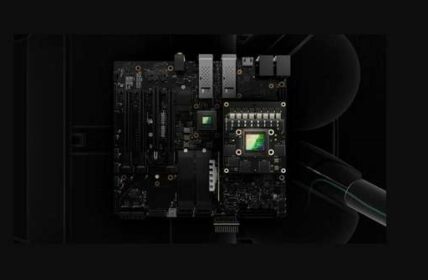Matter, an IoT company from the USA, has set itself the goal of networking the isolated solutions of smart home device developers. Large corporations such as Apple, Amazon and Google are already supporting the project.
Table of Contents: What awaits you in this article
Smart homes: One half is in, the other is not
In the technology pioneer country, the USA, around half the population has at least one smart home application. This can be digital assistants such as Alexa, Siri and others. But intelligent lighting, networked cameras and thermostats are also increasingly finding their way into private homes.
However, there is at least as large a block of consumers who are more than skeptical about the technology. Not everyone apparently wants to be constantly monitored by their own home for a little more comfort.
IoT: Opposing each other instead of networking
Matter, on the other hand, assumes that the only thing standing in the way of the so far insufficiently rapid breakthrough of smart home technology is its lack of connectivity. Half of the customers who have already embraced the new development usually have several smart devices in their homes. However, they usually seem to have the problem that these are products from different suppliers.
These are rarely designed for compatibility or even interoperability. Google products, for example, can only be controlled with difficulty, if at all, using Amazon or Apple applications, and vice versa. The associated inconvenience would probably deter the still undecided half from joining the new development.
Corporate battle for market leadership
Actually, the Internet of Things (IoT) thrives on the fact that general connectivity is steadily increasing. In theory, with each additional IoT-enabled device or service, the shared ecosystem grows. The data generated by all applications generates new insights into processes, which in turn lead to new solutions.
In practice, however, a vendor war has been going on for a long time. Everyone wants to form the monopoly in smart homes with their technology. So many manufacturers seal off their products from those of the competition. In this way, however, they are actually hindering crude progress in their own industry.
Matter: one service for all
Smaller providers like Matter no longer want to sit idly by and watch the competition from the big players. For some time now, they have been developing solutions to help bridge the technical divides. They are increasingly laying the foundations for standards from which everyone should ultimately benefit. One that seems particularly suitable for this at the moment is that of Matter.
It is intended to provide the necessary connectivity and interoperability so that services already established on the market can connect with each other. Well-known companies such as Samsung, Sonos, Apple, Google, Amazon, GE Lighting and Dyson are supporting this push.
Technology cooperation for the new target
The Matter Protocol, which is expected to be completed later this year, is collaborating with a variety of companies to solve the problem. For example, the application is powered by chipsets from manufacturers including Texas Instruments, ST Micro, Silicon Labs and NXP. The detection of new devices in the respective network is handled by Blue Tooth Low Energy.
Device communication is handled by Google’s Thread and Wifi… Even the big players in the eternal competition like Amazon and Co. have already announced that they will design their own software updates to support Matter in the future.














